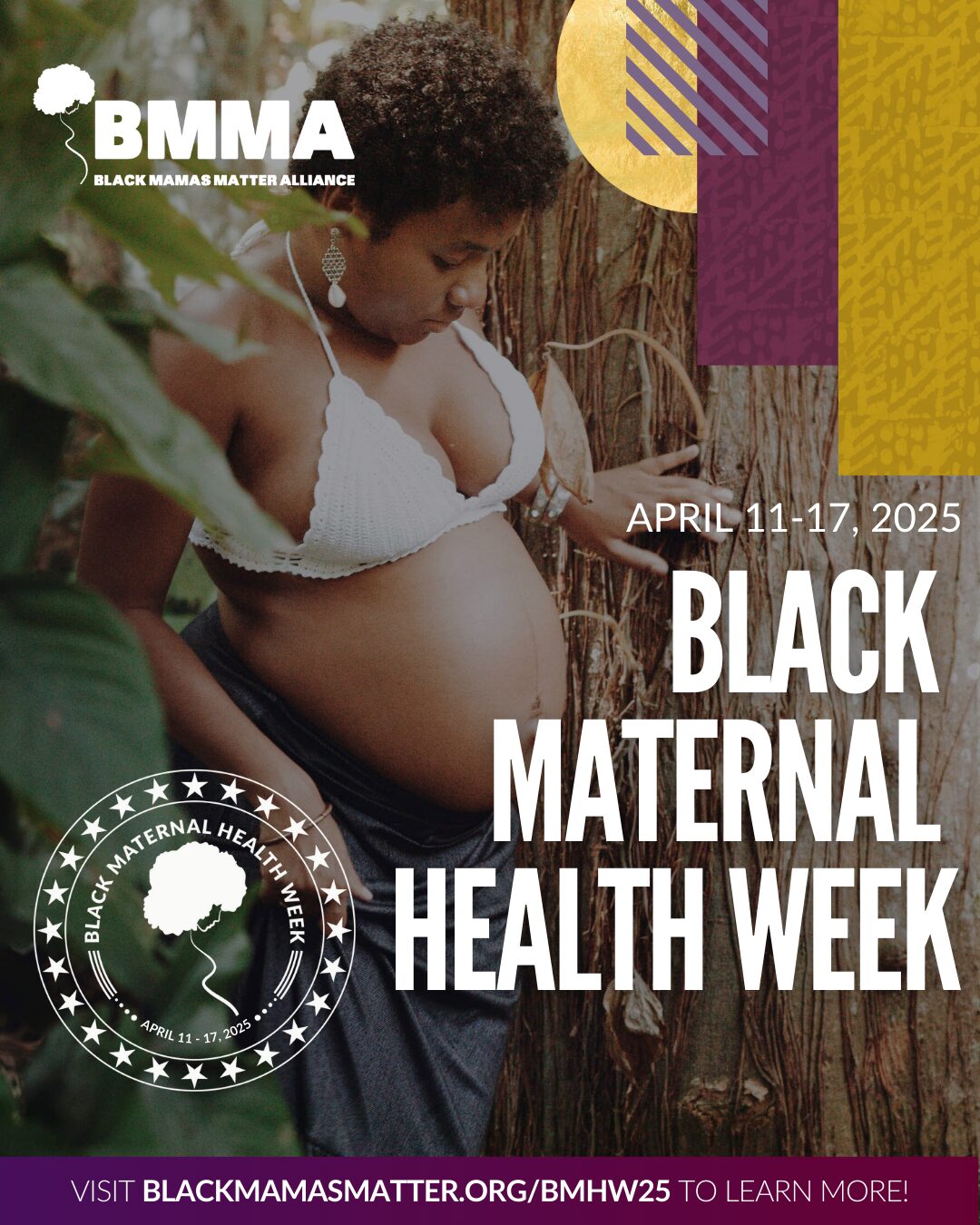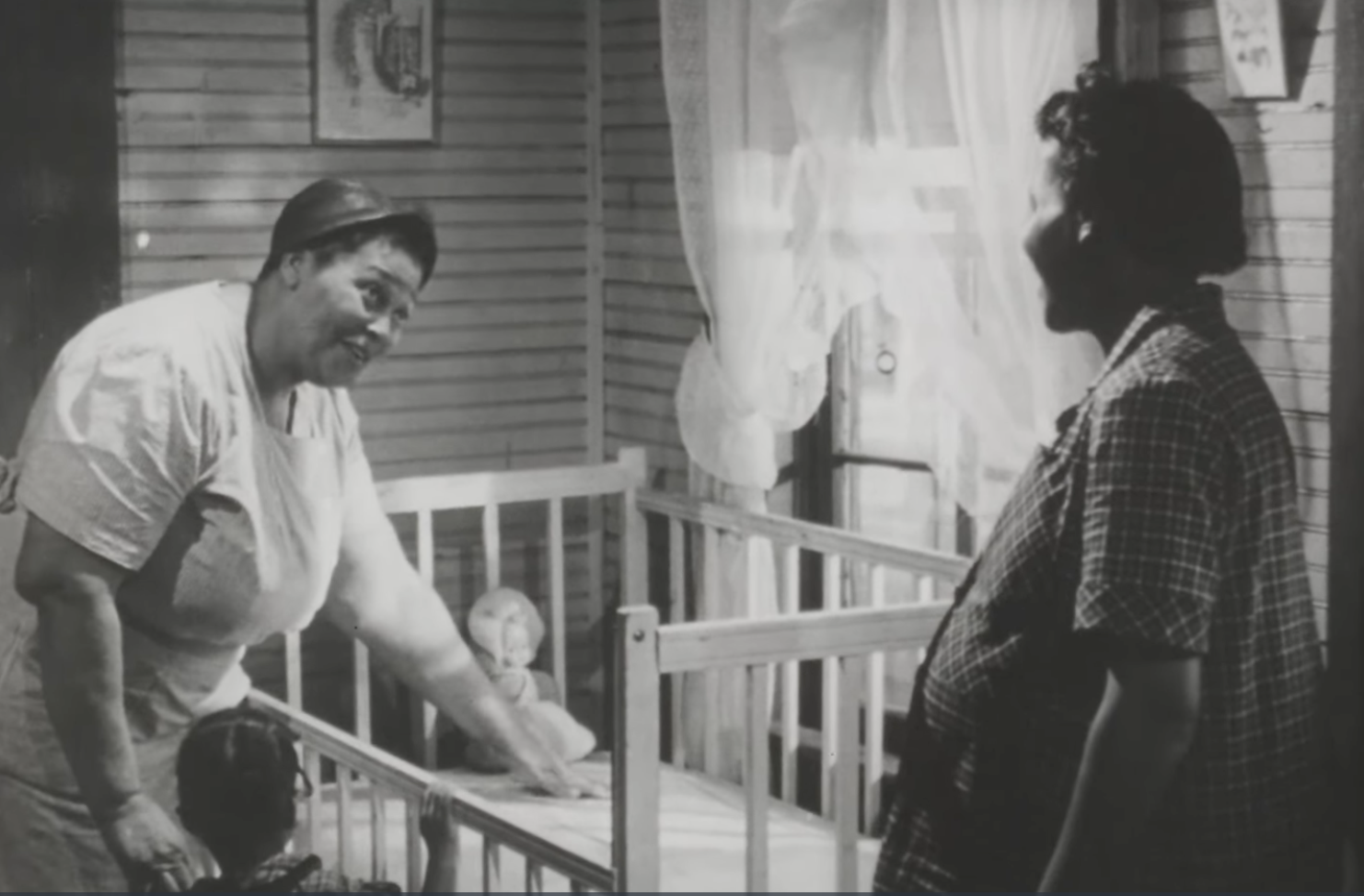The Racist History of Medicine and Treatment of Black Midwives
The United States has a long history of discriminatory practices and treatment within reproductive health care.
April 11-17, 2025, is officially recognized as Black Maternal Health Week.
Founded by the Black Mamas Matter Alliance Inc., the Biden Administration formally recognized this commemoration on April 13, 2021. The 2025 theme of Black Maternal Health Week is “Healing Legacies: Strengthening Black Maternal Health Through Collective Action and Advocacy.” According to the Black Mamas Matter Alliance, this theme emphasizes community healing and recognition of Black-led advocacy organizations that continue to fight systemic oppression in the health care system that contribute to Black maternal mortality in the United States. This observance allows individuals to understand the severity of the Black maternal health crisis across in America and ways in which activists and community leaders can develop solutions to protect and support Black birthing people, their communities, and their families.

Physicians for Reproductive Health is honored to observe Black Maternal Health Week and to, all year around, work with intention to streamline Black maternal health in the work we do. At the same time, as an organization that mobilizes the physician voice for reproductive health, rights, and justice advocacy, it is important for us to name the racist history of the medical field, and the role physicians have played in the discriminatory treatment of Black birthing people and Black birth workers.
The United States has a long history of discriminatory practices and treatment within reproductive health care, particularly targeting Black midwives— contributing significantly to the ongoing maternal health disparities experienced by the Black community. From the era of slavery to modern-day criminalization of those providing reproductive care, Black midwifery has faced consistent scrutiny and marginalization.
Midwifery has always been an integral part of reproductive care in the United States. During slavery, Black midwives were central to the birthing process, supporting both enslaved birthing people and the people who enslaved them. They provided emotional support, administered medicine, ensured healthy hygienic practices, and cared for both mothers and newborns post-delivery. Long before the rise of institutional medicine, Black midwives served as the backbone of prenatal and maternal care, passing down their traditions and practices to generations. Their presence and expertise contributed to better birth outcomes among Black birthing people in America.

However, in the 20th century, childbirth became increasingly medicalized, and the presence of midwives— specifically, Black midwives— came under attack. As hospitals and physicians gained authority and prestige in the medical field, male physicians began to view midwives not only as unprofessional but also as a threat. They launched racist and misogynistic smear campaigns to delegitimize the midwifery profession, portraying Black midwives as incompetent and untrustworthy individuals and branding their methods as unscientific and unprofessional medicine.
These campaigns led to the rise of nurse-midwifery programs that, while aimed to lower maternal mortality rates, systemically excluded Black midwives. While medical professionals gained control over the medical field, Black people and women in particular were pushed out, being denied access to practice and formal education. According to GenerateHealth, due to the changing landscape of the midwifery profession and medicine, by 1945, only 15% of births were attended by midwives. At the same time, maternal mortality rates increased across the country, particularly in communities with limited access to adequate health care services.
The second wave of The Women’s Movement throughout the 1960s and 70s caused a rise in the resurgence of midwifery in nontraditional health care settings. Midwives, including Ina May Gaskin and Shafia Monroe, called for family involvement in birthing outcomes. News articles began to discuss the importance of hospital birth settings resembling at-home birth experiences to ensure the comfort of birthing people and their babies. This shift in the perspective of midwifery paved the way for the present-day practice of doula care and provided opportunities for non-medical professionals to support individuals’ birthing experience. Despite perceptions changing on midwifery, only 7% of certified nurse-midwives and certified midwives identified as Black despite making up 14% of the population. However, nearly 86% of midwives identified as white, while white people make up 62% of the population.
Today, Black birthing communities continue to feel the impact of this racist history. The lack of access to comprehensive maternal health services— including the lack of access to midwifery services — contributes to poor outcomes and disproportionately high maternal mortality rates for Black women and birthing people. Without systemic change, including expanding midwifery scope of practice of reproductive, abortion, and fertility care, Black communities are at heightened risk. Acknowledging and addressing these injustices is critical to ensuring that Black women and birthing people receive the high-quality care they deserve to protect their health, well-being, and lives.
Physicians must acknowledge these injustices occurring in the Black community and work as allies to advocate for and support the midwifery profession. In honor of Black Maternal Health Week, we ask for advocates involved in the reproductive health, rights, and justice movement to learn from and support birth justice organizations, as they continue to uplift the legacy of Black midwifery in the United States and the Black community’s historical and present day critical and lifesaving work for reproductive health, rights, and justice.

